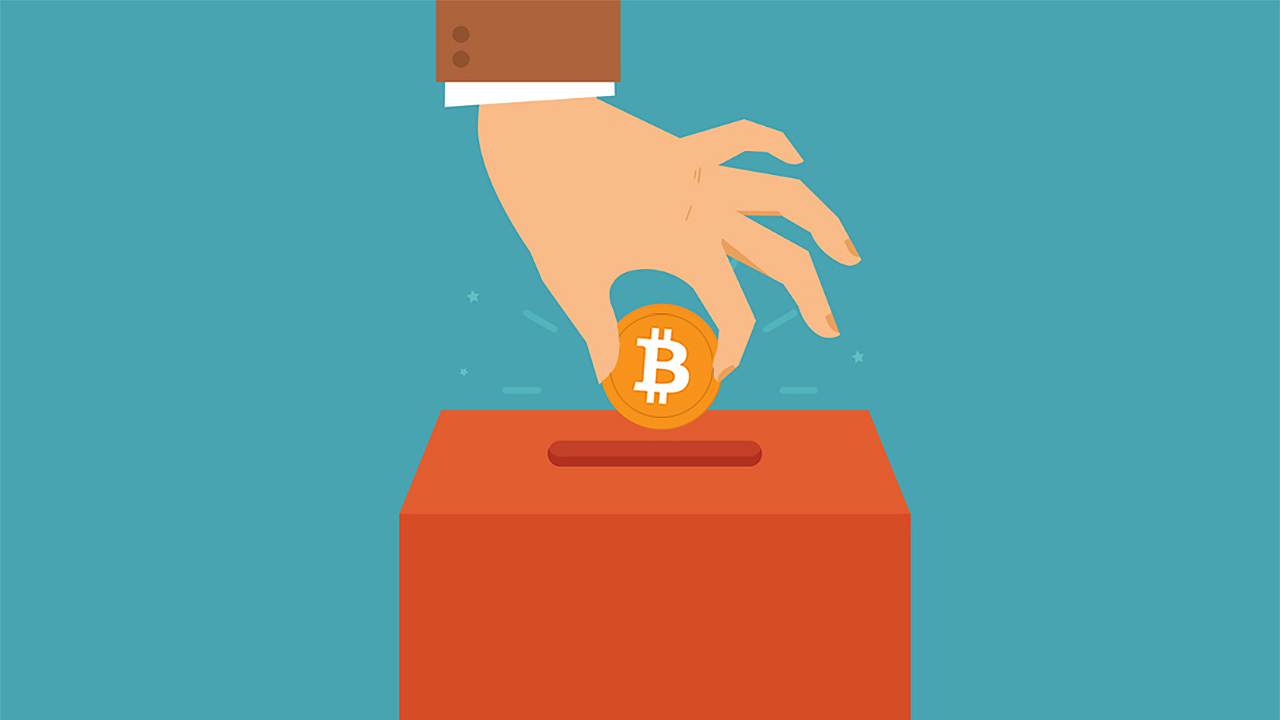Blockchain Company Launches Platform for Autonomous AI Payments Using Stablecoins
22.08.2024 12:30 1 min. read Alexander Stefanov
Blockchain innovation company Skyfire has unveiled a new payment platform that enables artificial intelligence (AI) agents to make financial transactions autonomously.
Led by former Ripple executive Amir Sarhangi, Skyfire’s platform allows businesses to assign pre-loaded wallets to AI agents, converting funds into USD Coin (USDC). The system manages currency conversions, facilitating autonomous payments by AI.
AI agents, or bots, are designed to perform specific tasks such as managing inventories or tracking prices across online platforms. However, without the ability to handle payments, these bots remain limited in functionality. Skyfire’s platform addresses this gap, allowing AI agents to perform end-to-end tasks with financial autonomy.
Craig DeWitt, co-founder and chief product officer of Skyfire, emphasized the importance of payment capabilities for AI agents, stating, “AI agents are essentially useless without the ability to make payments; they become nothing more than advanced search tools.”
Skyfire’s system integrates stablecoins, enabling AI agents to interact with various services and manage funds directly. The platform is currently focused on facilitating B2B transactions between AI agents, but Skyfire is exploring additional applications and services.
Notably, advocates in the cryptocurrency and fintech sectors, including Coinbase CEO Brian Armstrong, have supported the idea of combining AI agents with cryptocurrency wallets, which could enable agents to perform financial tasks or generate income independently.
-
1
Mastercard Expands Stablecoin Payment Network Through New Partnership
15.05.2025 17:00 2 min. read -
2
Stablecoins Go Mainstream: 90% of Institutions Now Onboard or Exploring Use
17.05.2025 13:00 1 min. read -
3
Ripple Teams Up With UAE Banks to Transform Payments
20.05.2025 19:00 1 min. read -
4
Circle Co-Founder Unveils AI-Native Financial Platform With Backing From a16z
21.05.2025 13:00 1 min. read -
5
Wall Street Eyes Joint Stablecoin as U.S. Regulation Advances
23.05.2025 22:00 1 min. read
Santander Plans Digital Currency Play With Euro and Dollar Stablecoins
Global banking heavyweight Banco Santander is quietly laying the groundwork to enter the stablecoin space, eyeing fiat-pegged digital tokens as part of a broader strategy to offer crypto services to retail clients.
Bitget Launches Yield-Bearing Stable Asset Backed by Tokenized Treasuries
Crypto exchange Bitget has introduced a new investment product, BGUSD, a yield-generating stable asset tied to real-world financial instruments like U.S. Treasury bills and top-tier money market funds.
Banks Quietly Shift Toward Ripple as SWIFT Rivalry Heats Up
A growing number of banks are quietly integrating Ripple’s blockchain infrastructure to improve cross-border transactions, opting for a hybrid model that doesn’t require replacing their legacy systems.
Wall Street Eyes Joint Stablecoin as U.S. Regulation Advances
Several of America’s largest banks—including entities tied to JPMorgan, Bank of America, Citigroup, and Wells Fargo—are exploring the creation of a shared stablecoin, according to sources familiar with the discussions.
-
1
Mastercard Expands Stablecoin Payment Network Through New Partnership
15.05.2025 17:00 2 min. read -
2
Stablecoins Go Mainstream: 90% of Institutions Now Onboard or Exploring Use
17.05.2025 13:00 1 min. read -
3
Ripple Teams Up With UAE Banks to Transform Payments
20.05.2025 19:00 1 min. read -
4
Circle Co-Founder Unveils AI-Native Financial Platform With Backing From a16z
21.05.2025 13:00 1 min. read -
5
Wall Street Eyes Joint Stablecoin as U.S. Regulation Advances
23.05.2025 22:00 1 min. read


